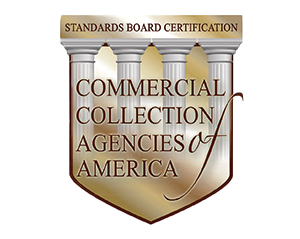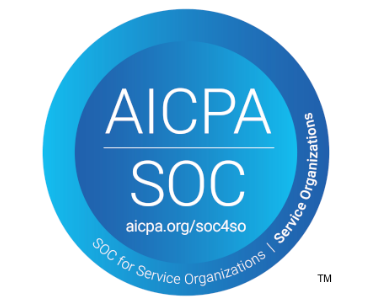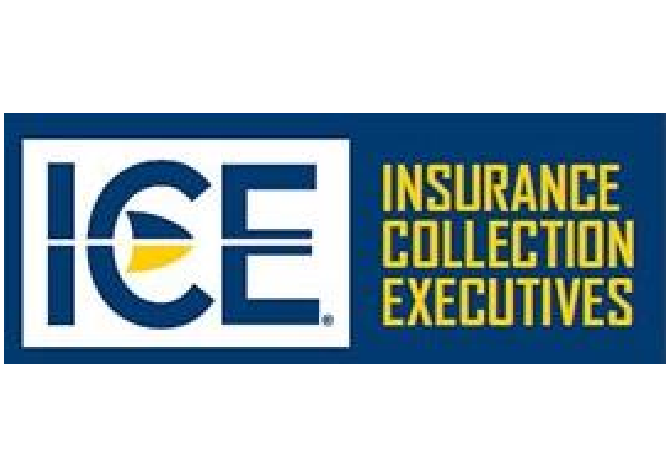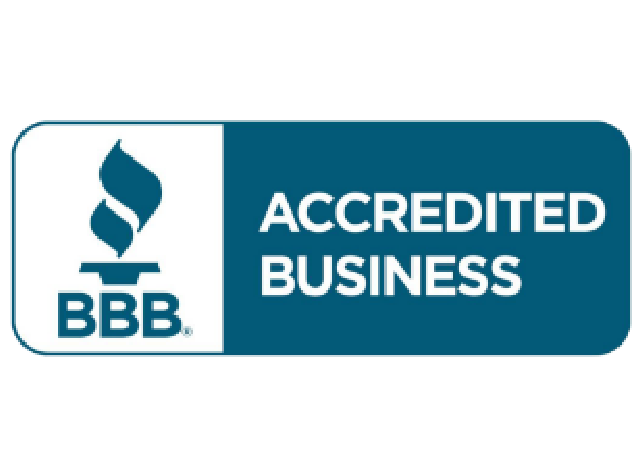Home / News & Insights / April 15, 2022 / ...
Effectively Keeping your Commercial Receivables in check

Keeping your DSO in line means working aged account receivables is a top priority for any commercial collections department. First line of thinking when it comes to commercial account receivables is “why are they not paying?” Is it an issue with product or service, or is it that the Sales team got involved and is working the file?
When a customer’s account is past due, you will begin the process of following up to get payment. With luck an email or a call is all it takes; however, in some cases, customers will make a repayment proposal. Deciding whether these terms are acceptable can be problematic
Weighing the risk versus reward can make for a difficult decision and as an added pressure, you might also have a member of your sales team berating you for upsetting a valuable customer. Even though the terms requested are wholly unfavorable, your sales colleague could well be blinded by potential business lost.
Whether you accept the debtor’s initial offer or negotiate new terms for prearranged payments, here’s how to ensure you reach the best solution possible.
Get the full picture on outstanding account receivables
The first step towards any agreement is to make sure you have the facts at your disposal to effectively manage your commercial receivables . Will the customer be able to fulfill the commitment? Request a certified copy of your customer’s most recent financial statements to help you make an informed decision on any proposed repayment arrangements.
This insight will help all parties, including sales colleagues, to understand that things are not always as straightforward as they first appear. You want the customer to fulfill the arrangements, so this is a vital piece of information to help make an educated decision.
With financial information to hand, you will find it easier to help the customer, or to counter the initial terms offered if required. If the customer refuses to provide financial statements, it is impossible to make a meaningful risk assessment, allowing you to reject their offer without blame. Another aspect is that if a customer will not divulge financials, how sincere are they in a resolution?
In all circumstances, any commercial collections team should try to engage with the customer to establish an honest dialogue about why they are asking for extended terms and when payment could realistically be forthcoming. Be transparent about your expectations and clear on your acceptable parameters for a mutually agreeable outcome for payment of outstanding account receivables.
Agree a short-term plan for accounts
No matter the terms requested, when debtors ask to set up a payment plan, one thing is always apparent: they claim not to have enough cash to settle the invoice right now. A short-term payment plan may provide a solution here. Rather than agreeing the long-term plan requested, consider approving less money for less time. Stipulate three months of lower payments with a commitment to establish more satisfactory terms after that 90-day agreement.
If your commercial collections team do agree to a payment plan, whether short or long term, have the debtor sign a promissory agreement. This is a legal document, which states that the customer promises to pay a certain amount of money within a certain time frame.
Ensure they understand that if they default on payment, the balance is due in full, along with any contractual interest and penalties dictated by laws in your State.

Account receivables
Establish pre-arranged account receivable payments
If your commercial collections team do establish mutually agreeable terms, try to insist on a pre-approved payment system so you’re not chasing down payments every month.
An Automated Clearing House (ACH) authorization gives you permission to electronically take money from the customer’s bank or prepaid card account when payment is due.
Bear in mind that most defaults occur on long term payment plans, so organizing pre-arranged ACH payments can help to negate this eventuality – saving you a great deal of time and effort in the long run.
Set firm deadlines on commercial receivables
An immovable deadline is your strongest weapon during negotiations over aged accounts. Set firm deadlines for any settlement with clear consequences for non-payment.
If the debtor fails to uphold these commitments, it may be time to engage with a collections vendor. Where your contract allows for third party collection fees, explain to the customer how their balance will increase if they don’t work with you to establish satisfactory terms.
With over 40 years’ experience in collections, Brennan & Clark specializes in collecting all that can be collected while still respecting customer relationships.
Avoiding damage to client relations is a key part of our commercial collections service – an approach that will certainly help your sales team to rest easy. Not to mention reducing your stress levels and improving cash flow, with an ability to collect a full 20% above industry average.
Contact our expert team to see if we can enhance your collections rate. Or download our free guide to mastering the art of collections for more tips on managing delinquent accounts.






